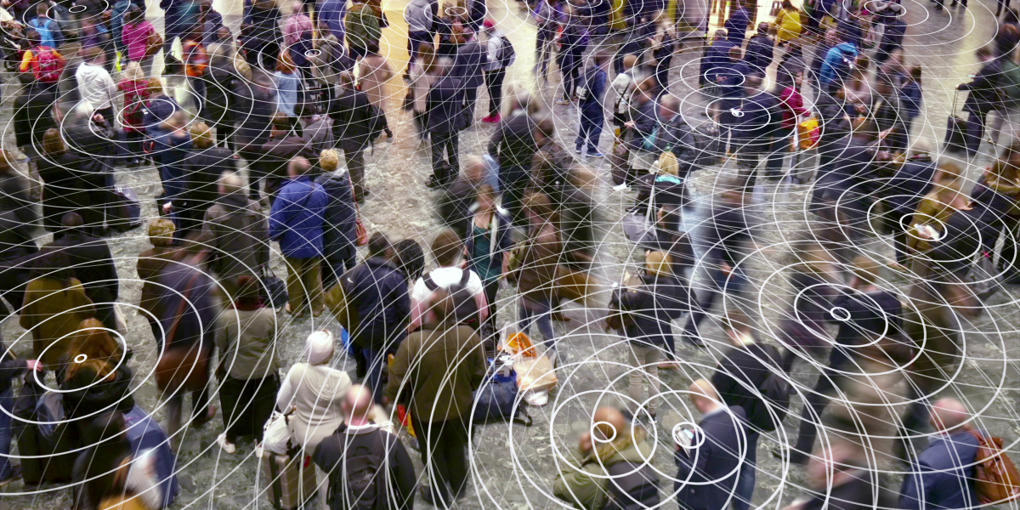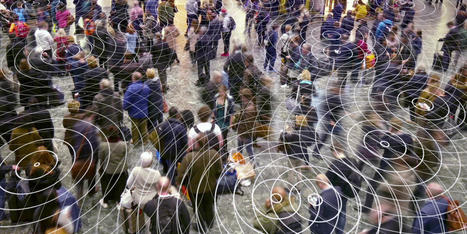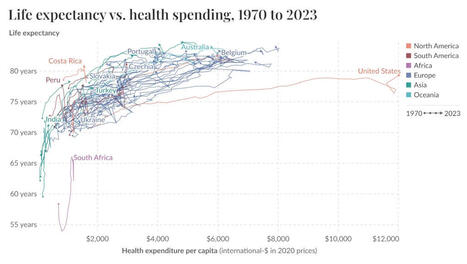Thought-detection: AI has infiltrated our last bastion of privacy

World’s first AI-powered rapid COVID-19 antigen test launched in the UAE #esante #hcsmeufr #digitalhealth
25/02/2021
Good Health Pass : de futurs passeports santé sur des blockchains ?
25/02/2021 
Our thoughts are private – or at least they were. New breakthroughs in neuroscience and artificial intelligence are changing that assumption, while at the same time inviting new questions around ethics, privacy, and the horizons of brain/computer interaction.
Research published last week from Queen Mary University in London describes an application of a deep neural network that can determine a person’s emotional state by analyzing wireless signals that are used like radar. In this research, participants in the study watched a video while radio signals were sent towards them and measured when they bounced back. Analysis of body movements revealed “hidden” information about an individual’s heart and breathing rates. From these findings, the algorithm can determine one of four basic emotion types: anger, sadness, joy, and pleasure. The researchers proposed this work could help with the management of health and wellbeing and be used to perform tasks like detecting depressive states.
Lire l’article complet sur : venturebeat.com



